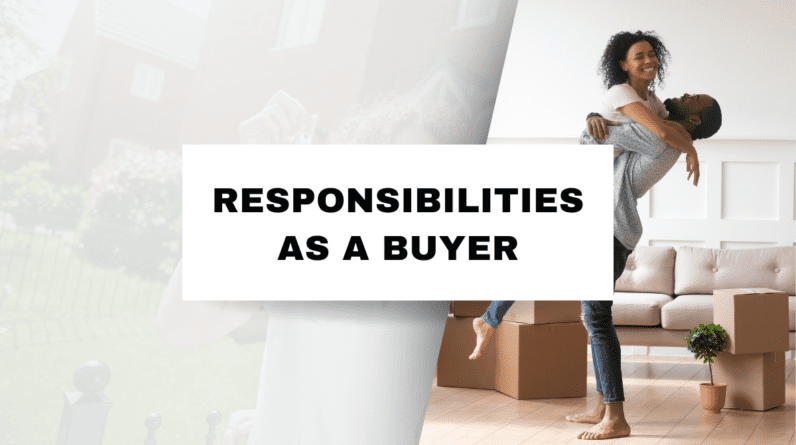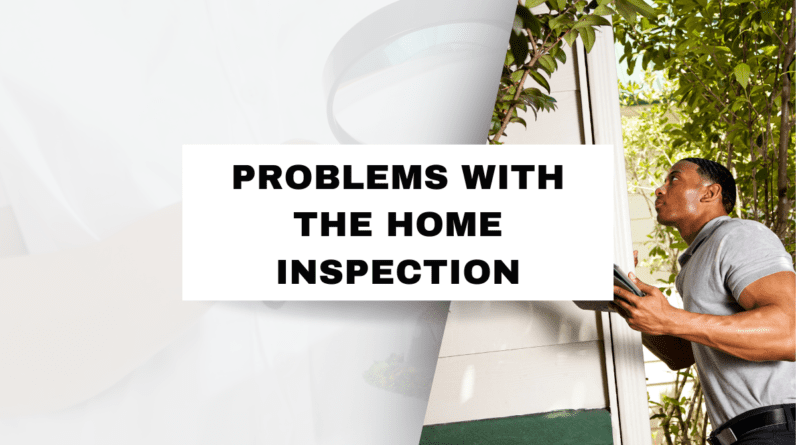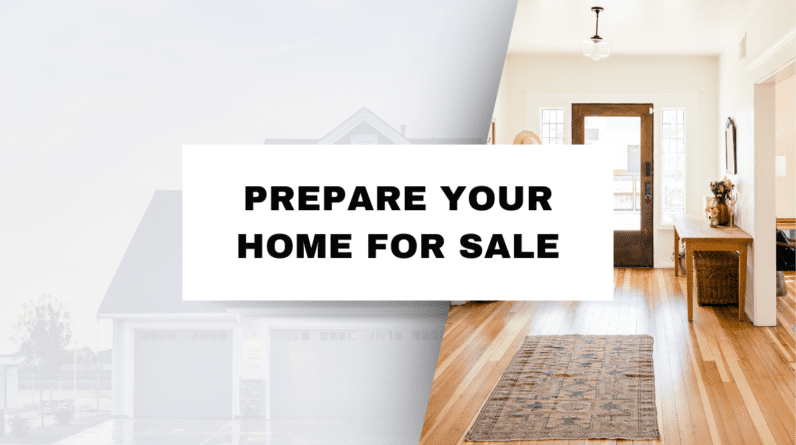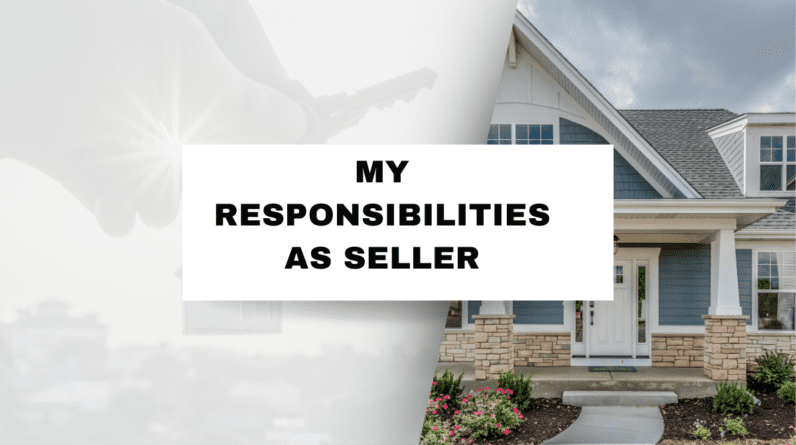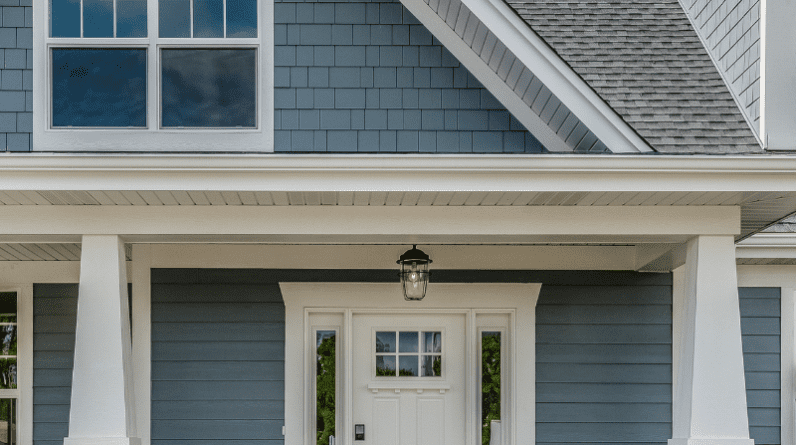When you are buying a home, it is important to be aware of the potential red flags that could indicate a problem. Some of the red flags to watch out for when buying a home in Bronxville, NY include:
- The home is in a flood zone.
- The home is near a major road or highway.
- The home is in a neighborhood with a high crime rate.
- The home needs extensive repairs.
Each of these red flags can indicate a potential problem that could cost you money or make it difficult to sell the home in the future. By being aware of these red flags, you can avoid making a costly mistake when buying a home in Bronxville, NY.
Red Flag #1: The Home Is In A Flood Zone
One of the biggest red flags to watch out for when buying a home in Bronxville, NY is whether or not it is located in a flood zone. If the home is in a flood zone, it is more likely to be damaged by flooding, which can lead to costly repairs or even the loss of the home.
You can find out if a home is in a flood zone by checking the Federal Emergency Management Agency (FEMA) flood maps. These maps are available online at www.fema.gov/flood-maps.
If the home is in a flood zone, you should be prepared for the possibility of flooding. This means that you should have flood insurance in place and you should take steps to protect the home from flooding, such as installing flood vents and elevating the home.
Buying a home in a flood zone can be a risky investment, so it is important to be aware of the risks before you make a purchase.
Red Flag #2: The Home Is Near A Major Road Or Highway
If you are considering buying a home near a major road or highway, there are a few things you should keep in mind. First, you will likely experience more noise pollution from traffic. This can be especially disruptive if you work from home or have children who are trying to sleep. Second, you may also experience more air pollution from vehicles. This can be a health concern, especially for people with respiratory problems. Third, homes near major roads or highways are often more expensive than homes in other areas. This is because they are more desirable to buyers who are willing to pay a premium for the convenience of being close to transportation.
If you are still considering buying a home near a major road or highway, there are a few things you can do to mitigate the potential negative effects. First, you can choose a home that is located on the side of the road that is furthest away from the traffic. This will help to reduce the amount of noise and air pollution that you experience. Second, you can invest in soundproofing materials for your windows and doors. This will help to block out the noise from traffic. Third, you can plant trees or shrubs around your property to help to filter the air pollution.
Buying a home near a major road or highway can be a good option for some people, but it is important to be aware of the potential negative effects. By doing your research and taking steps to mitigate these effects, you can find a home that meets your needs and budget.

Red Flag #3: The Home Is Near A Major Road Or Highway
If you are considering buying a home near a major road or highway, there are a few things you should keep in mind. First, you will likely experience more noise pollution from traffic. This can be disruptive, especially if you work from home or have young children. Second, you may also experience more air pollution from vehicle exhaust. This can be harmful to your health, especially if you have respiratory problems. Third, homes near major roads or highways are often more expensive than homes in quieter areas.
If you are still considering buying a home near a major road or highway, there are a few things you can do to mitigate the potential negative impacts. First, try to find a home that is not located directly on the road. This will help to reduce the amount of noise and air pollution you experience. Second, look for a home with good insulation and windows. This will help to keep the noise and air pollution out of your home. Third, consider installing a soundproof window or door if you are particularly sensitive to noise.
Red Flag #4: The Home Needs Extensive Repairs
One of the biggest red flags to watch out for when buying a home is if it needs extensive repairs. This could include anything from a new roof to a complete overhaul of the electrical system.
If a home needs extensive repairs, it will likely cost you a lot of money to fix it up. And even if you’re willing to pay for the repairs, there’s no guarantee that they will be done correctly.
In addition, a home that needs extensive repairs is likely to be worth less than a similar home that doesn’t need any repairs. This means that you may not be able to sell it for as much money as you would like if you decide to move in the future.
If you’re considering buying a home that needs extensive repairs, it’s important to have a professional home inspector come and look at it before you make an offer. The home inspector will be able to tell you what repairs are needed and how much they will cost.
It’s also important to get multiple quotes from contractors before you start any repairs. This will help you make sure that you’re getting the best possible price for the work.
Buying a home that needs extensive repairs can be a risky proposition. However, if you’re prepared for the challenges, it can also be a great way to get a great deal on a home.


